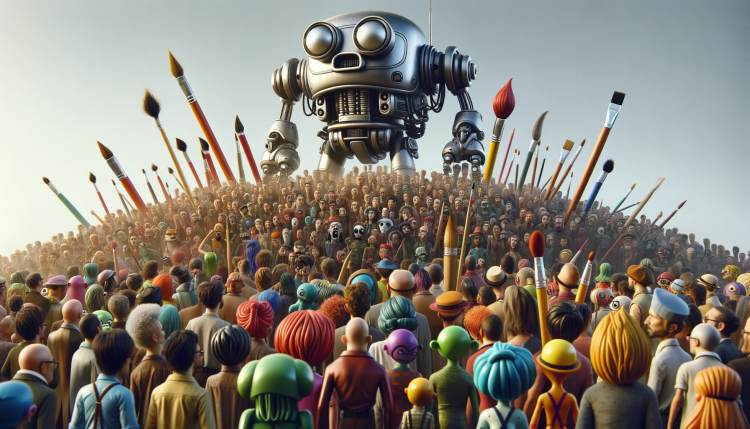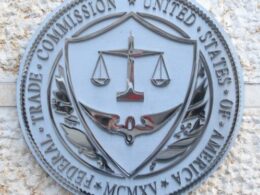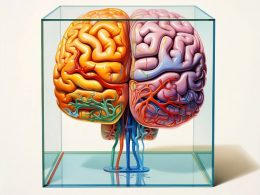As the first year of the generative AI era passes into the history books, the issue of whether generative AI models are guilty of copyright infringement remains to be determined. A major new development has arisen in one of the leading lawsuits by human artists against AI image and video generator companies.
The Lawsuit
“There’s been a major new development in one of the leading lawsuits by human artists against AI image and video generator companies.”
In this lawsuit, several popular AI art generator companies including Midjourney, DeviantArt, Runway, and Stability AI, have been accused of copyright infringement. These companies train their AI models on large volumes of human-created works and data, often scraped from the internet without the creators’ express consent. The Stable Diffusion model, created by Stability AI, powers many currently available AI art generation apps.
In October, U.S. District Court Judge William H. Orrick dismissed much of the initial class-action lawsuit filed against the AI companies, reasoning that many of the artworks cited as infringed had not been registered for copyright. However, Orrick left open the possibility for the artists to refile an amended complaint, which they have now done with stronger evidence.
Amended Complaint
“In the amended complaint filed this week, the original defendants are joined by seven additional artists.”
The amended complaint filed by the artists now includes seven additional plaintiffs, including Hawke Southworth, Grzegorz Rutkowski, Gregory Manchess, Gerald Brom, Jingna Zhang, Julia Kaye, and Adam Ellis. This strengthens the case against the AI companies.
The amended complaint highlights several key arguments. Firstly, even non-copyrighted works may be eligible for copyright protections if they include the artists’ distinctive marks, such as their signature. Secondly, any AI companies that relied on datasets containing copyrighted works, such as the LAION-400M and LAION-5B datasets, may have made unauthorized copies by downloading the actual images to train their models.
Furthermore, the complaint points out that the architecture of diffusion models themselves is designed to replicate the initial training material. These models add visual noise to an image and then try to reverse the process to get close to the original image, effectively reconstructing copies. Scientific papers and research by experts in the field support these claims.
The Verdict
“Whether generative AI is guilty of copyright infringement will ultimately be decided by the court.”
The determining factor in this lawsuit will be whether large-scale AI models work by generating novel output or if they simply copy and interpolate between individual training examples. The court will decide if the AI art generators’ use of human-made artworks for training their models constitutes fair use or a copyright violation.
While AI art generators can mimic existing artwork, their results are highly dependent on the user’s text prompt. Those who seek to use these generators to copy existing artists can find a willing partner, but those who use them to create new imagery can do so as well. However, it is clear that the AI companies have relied on human-made artworks, including potentially copyrighted works, for training their models.










